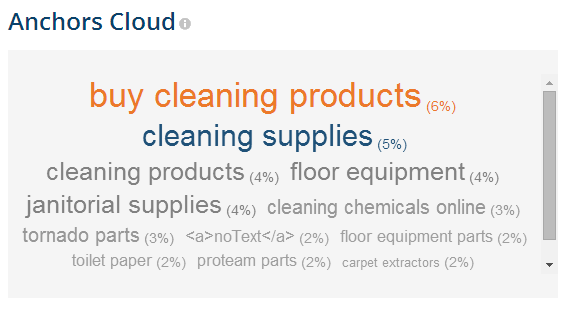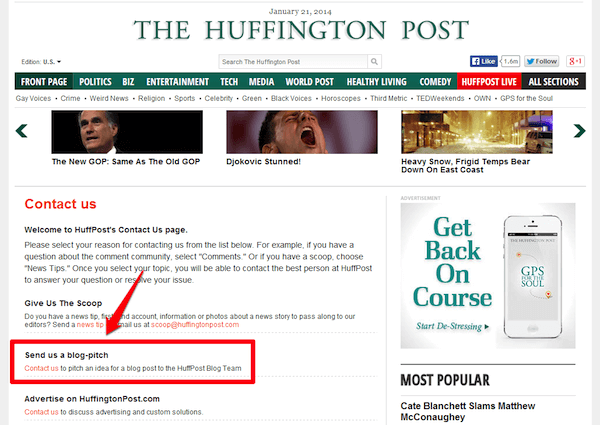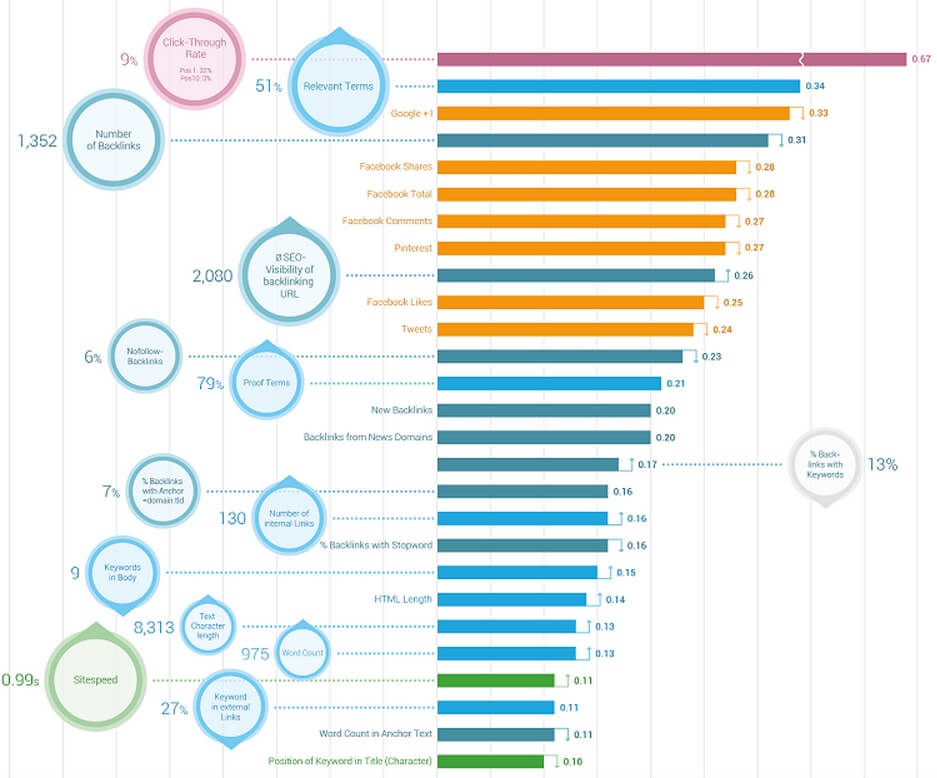My On-Page Suggestions are Wrong?
I get some criticism from others, especially when it comes to keyword density. I hear it all the time, “This site over here has 3% keyword density, and they still rank, #1 even! They have 20% exact anchor texts! Nearly every single high-profile SEO expert laughs at keyword density. Obviously, your suggestions on keyword density are wrong!”
First, I’ll acknowledge that there are more ways to get from point A to point B than simply following my guide. If someone has a formula for ranking #1, and it involves 20% exact incoming anchors, and 3% on-page keyword density, and doesn’t rely on high powered backlinks as a crutch, more power to them. If that person is you, could you please write a guide on how you do it? I’d be interested in reading it.
Next, understand that my recommendations on keyword density are not meant to improve rankings. They’re meant to fend-off getting penalized, and filtered from Google’s SERPs. I liken it to building a tower, and the higher you build it — the more money you make. While increasing your keyword density and exact anchors will get you higher, faster — it tends to be less stable. My guide is more akin to getting to the same height, with a pyramid as a base. Something strong and stable, not easily crashed and burned. This should be the goal of every SEO. It’s not fun to wake up in the morning to find that your entire online portfolio has crashed.
What are some reasons that a site would rank, even though they’re outside of the guidelines of this guide? I’ll respond to different scenarios like this below. Before I list them, however, I’m not claiming my way is the only way to rank pages — it is simply my experience and how I do it, and I’ve found that this advice has helped many others as well.
- You never can know all of a website’s backlinks. When I hear something like “This website has 20% exact anchor texts!”, I respond, “how do you know that?” The site in question is typically ranking #1 in a difficult niche. Ahrefs is showing the site has 20% exact anchors. Understand, Ahrefs only knows about sites it can scrape. If they’re ranked #1, it’s likely they have their own private blog network. It’s a common practice, for those who have private blog networks, to hide those sites from ahrefs, majestic, moz and other backlink checker websites, by blocking them through cloaking. Therefore, you can never know the real incoming anchor text balance a competitor website has.

- Good links balance bad on-page SEO. There is a path to ranking, and it’s called building backlinks. With enough backlinks, you can make a stub of a page with virtually no content to rank. This is what nearly the entire SEO community does, and it works. Building a solid private blog network, doing high-quality guest blog posting, building solid link pyramids using web2.0 free blogs, these are all paths towards ranking with links. Again, you can’t know what quality of links a website has, because of the fact that any decent private blog network will be cloaked from all link reporting websites.

- Google doesn’t ding a website’s rankings unless a number of issues are present. I strongly believe that Google will not penalize a website only because it’s keyword density isn’t optimal. If that same website has everything else going for it, like public participation in the comments, strong social signals, good quality backlinks, there are strong author signals tied to Google+ and the same author is used elsewhere on the web in credible places, things like this will cancel-out bad on-page SEO. My point is that, even though someone can rank while ignoring good on-page SEO practices, on-page is one of the easiest ranking hurdles for you to get right. It’ far easier to adjust your on-page content than it is to outreach for high quality links from relevant sites. On-page SEO is one of the few ranking elements that is 100% in your control.
- Ranking your website is like archery. When your on-page SEO is spot-on, you hit the bulls-eye. Even with a minimal amount of external linking, you can still hit that bulls-eye, with your keyword density, continual page improvements and internal linking. Backlinks bring the target closer, and makes it bigger — so that it is easier to rank with lower quality content. Even though it is possible to rank with lower quality content, ranking becomes easier when you’re getting great backlinks and your on-page is done properly. Another analogy is that, while its possible to get a car with a flat tire to town if you push it hard enough (with backlinks), it makes more sense to fix the wheel (fix your on-page) so you can get there easier.
These on-page suggestions are not only for low-competition keywords. They’re also effective in high competition niches, utilizing high quality links and in an environment of unscrupulous negative-SEOers throwing a ton of low quality, high exact anchor links at you. I’ve used these techniques with keywords that have 100k+ exact searches per month, maintaining the sites in the top 10. Again, I don’t want to sound like you don’t need links, links make everything easier. So does proper on-page SEO.
In summary, yes there are many ways of ranking websites. If you already know how to do that, what are you doing reading this? If you’re an expert, and your opinions are different, congratulations and hopefully you’ll enlighten us all with your techniques. If you don’t know how to rank pages well, if you’re finding that your page isn’t even found in Google’s top 1000 and you want advice on how to start ranking your pages better, this guide is designed to help you.

My last point here is, even though I’ve heard from some who do not agree with my methods, I’ve heard from far more who have used these methods to fix their own websites. I do a lot of consulting and have literally hundreds of contacts whom I have consulted for fixing their on-page SEO. For years, my main “job” was fixing penalized pages. I know, from my own experience as well as watching others following my advice, that the recommendations in this guide will help your website rank better in Google.
On the next page, Google authorship, latent semantic indexing, pagerank sculpting and other random on-page SEO goodness.

Comments